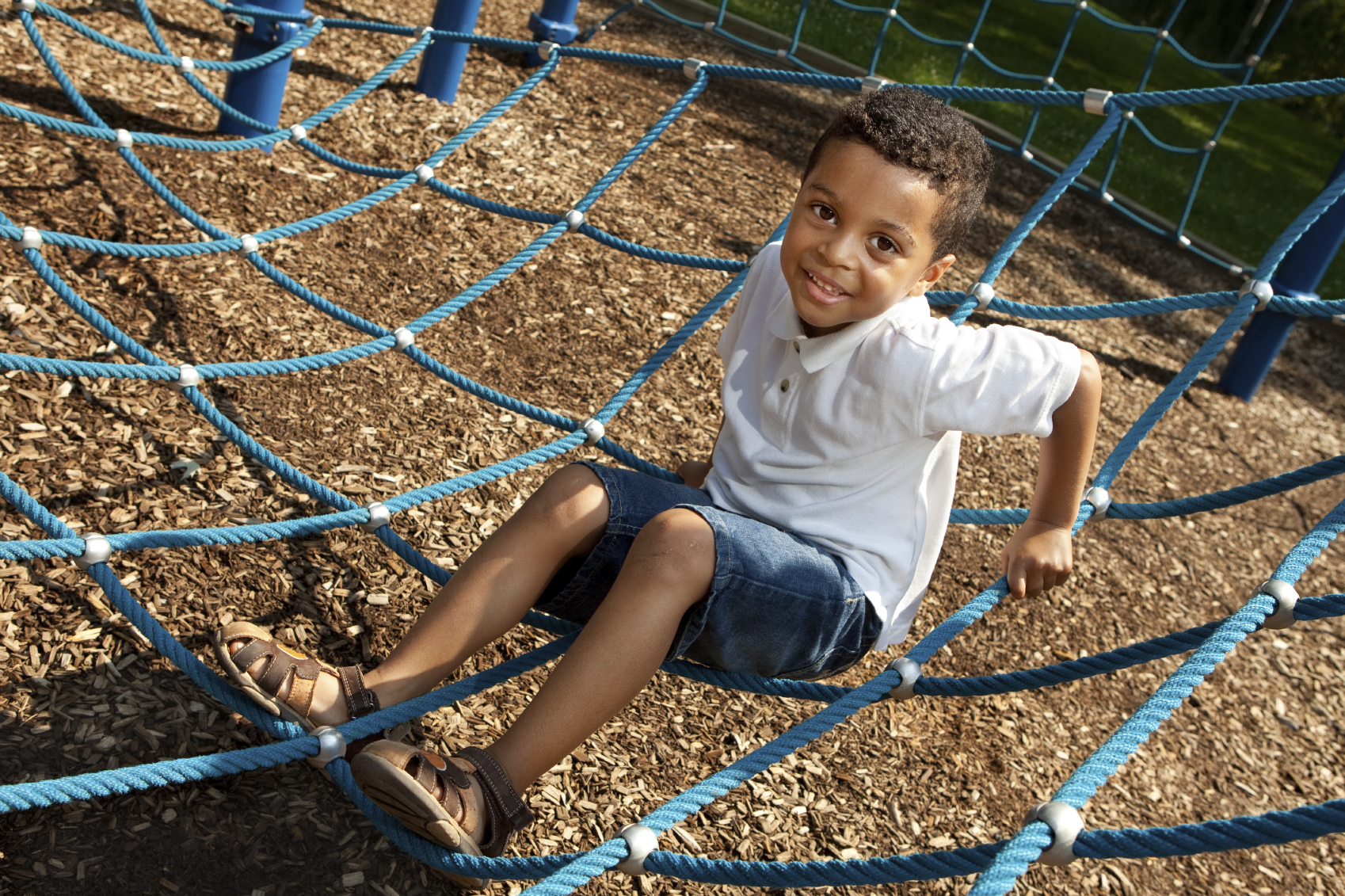 The events surrounding the death of Michael Brown have been criticized and overanalyzed by all sides. No one seems to be able to wrap their heads around this tragedy, and I sincerely hope that the community is able to find peace and heal in the shadow of this child’s terrible death.
The events surrounding the death of Michael Brown have been criticized and overanalyzed by all sides. No one seems to be able to wrap their heads around this tragedy, and I sincerely hope that the community is able to find peace and heal in the shadow of this child’s terrible death.
Out of this tragedy, I was given an important reminder: I need to teach my 5-year-old son how to stay alive when he interacts with police.
A lesser-known case of police brutality immediately came to my mind: that of a young black man by the name of Alexander Landau. After being pulled over for an illegal left turn, Alexander was taken out of the car and searched. He was clean. His car passenger, who happened to be white, was carrying a small bag of marijuana. When officers began to search his car, he asked to see a warrant. In response, the officers began to beat Landau with their fists, flashlights and radios. After several moments, the beating stopped and one of the officers reportedly said, "Where's that warrant now, you f****** n*****?" The officers were fired, and the city was ordered to pay Landau a six-figure settlement.
Sadly, one of the first things I thought was, At least he survived, because countless others don’t. Regardless of the fact that my son will never live in the "hood" and that he comes from generations of educated African Americans with roots in some of the most prestigious HBCUs in the nation, he is not immune to being profiled, harassed, beaten or even killed by prejudiced people, some of whom might happen to have a gun and a badge.
I can’t imagine what would happen if my son were caught in the wrong place at the wrong time with the wrong law-enforcement official.
Michael Brown’s shooting reminds me of an important fact: Racism isn’t dead. It never died. The worst thing about the articles and constant news coverage are the comments circulating through social media. It's these comments that remind me how far we have to go as a country. I’m reminded that no matter how many achievements my children collect, no matter how much money they make or how educated they become, there are people out there who will not judge them as individuals or by the content of their character. These individuals will only see them as a hostile threat based on media portrayals and stereotypes.
I have even more fear over this because my son is autistic. He may never understand social norms and may forever struggle with sensory issues that cause him anxiety. He might yank away from an officer trying to frisk him because he "fits a profile" as a young black boy. He is fearful of strangers and loud noises and has difficulty communicating.
I shudder to think of the reaction an officer who carries around prejudice and ignorance in his heart would have toward my black, autistic teenage son.
We already know that law-enforcement agencies are undependable when it comes to properly training their officers about interacting with mentally disturbed, delayed or disabled persons. I can’t imagine what would happen if my son were caught in the wrong place at the wrong time with the wrong law-enforcement official.
Black parents face this dilemma every day. They fear that their child will make a simple choice that will cost them their lives — a choice that wouldn't have such an outcome had they been born a different color. An illegal left turn. A hoodie. Loud music. Running away.
What we need to remember through this is that this isn’t black people vs. white people. This is prejudice and ignorance vs. tolerance and justice. We need to hold law-enforcement officials accountable by refusing to tolerate deadly force being the only force used toward anyone, regardless of the color of their skin.
We are all human beings, and we all deserve a chance to live without being pre-condemned for something as superficial as the color of our skin.
For another parent perspective on Michael Brown's death and the events unfolding in Ferguson, read Get on the Bus.











